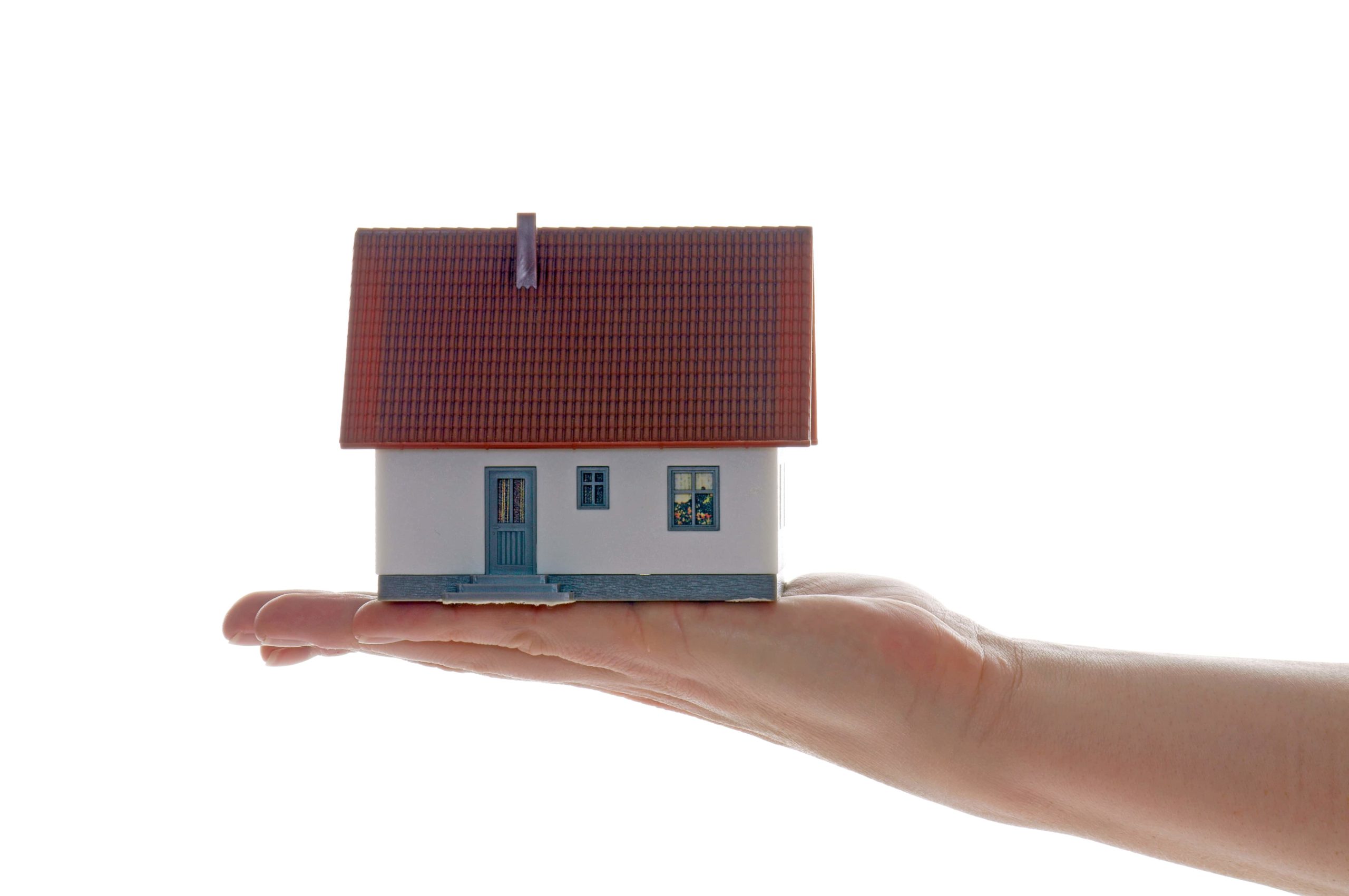As a New York bankruptcy attorney, one of the most common questions we hear from prospective clients who own real estate is “can I keep my home if I file for bankruptcy?” Many homeowners are concerned that they will have to sell their home in a chapter 7 bankruptcy proceeding, however in New York, this is typically not the case. The answer to the question of whether a particular client can keep their home when they file a Chapter 7 bankruptcy depends on how much equity the homeowner has in their property. In a bankruptcy, the amount of equity is determined by subtracting the mortgage loan balance(s) from the property’s fair market value. In determining the fair market value, it is recommended to obtain an appraisal for accuracy purposes. In addition, a bankruptcy trustee may require any appraisal anyway. One should not rely on internet valuation sites like Zillow or Redfin when calculating fair market value because they may not necessarily reflect the actual value of the property and may only show a pricing trend in a given neighborhood.
Once the amount of equity is determined, you can evaluate whether the property would be protected in a chapter 7 bankruptcy case. It is the homestead exemption that allows a debtor to retain an amount of the equity in a property in which they live. Determining whether you can keep your home when filing for bankruptcy is a matter best left to an experienced bankruptcy attorney.
Homestead Exemption in New York
In New York, there are two potential homestead exemption options. One is provided by state law and the other, federal. Debtors who file in New York can choose either the federal or state exemptions. A debtor cannot pick and choose between the state and federal exemptions. However, given that the New York state exemption is significantly higher than the federal exemption, homeowners with equity in their property typically choose the exemption provided by state law.
Back in 2010, New York’s Civil Practice Law and Rules § 5206 was amended. The existing homestead exemption in the CPLR was increased more than $100,000 in some counties. Presently, the homestead exemption in New York for a single filer ranges from $165,550 to $82,775 and depends upon the county in which the property is located. Please note that Kings, Queens, New York, Bronx, Richmond, Nassau, Suffolk, Rockland, Westchester and Putnam counties all get the highest exemption value listed above. The intent behind this increase in the homestead exemption was to give bankrupt New Yorkers a better chance at staying in their homes.
Please note that if you intend to a keep a property after filing a Chapter 7 bankruptcy, you must stay current with your mortgage payments. If you are behind on your mortgage or in foreclosure, you may want to learn more about how a Chapter 13 bankruptcy can save your home.
If you have any questions about the New York homestead exemption, or protecting property in a bankruptcy, please contact the Law Offices of David I Pankin, PC at 888-529-9600 or by using our easy online contact form.






